Với nhu cầu ngày càng tăng về bảo vệ môi trường và tính bền vững cao hơn, công nghệ tiên tiến và thải ra ít nhiên liệu. máy phát điện diesel mini đã trở nên phổ biến hơn. Dù mô hình xe buýt, kích thước hay kiểu dáng ra sao, Alibaba.com đều lưu trữ hiệu suất cao và hiệu quả. máy phát điện diesel mini nhấn mạnh tính thân thiện với môi trường và độ tin cậy. Những cái này. máy phát điện diesel mini tự hào có tuổi thọ kéo dài, công việc bảo dưỡng thấp và mức tiêu thụ nhiên liệu giảm để giữ chi phí vận hành thấp.
Các. máy phát điện diesel mini để bán được thiết kế đặc biệt để cung cấp các đặc tính hoạt động tuyệt vời, phản ứng tự nhiên và sản lượng điện đáng kinh ngạc. Độc đáo trong thiết kế và mở rộng trong phạm vi tính năng, máy phát điện diesel mini hoàn hảo cho các chuyến xe khách, xe buýt nội thành. Chúng có thể được tùy chỉnh để đáp ứng các biến thể duy nhất lấy khách hàng làm trung tâm để sử dụng trong các ứng dụng xe buýt khác nhau. Khám phá. máy phát điện diesel mini với hệ thống đốt mang lại hiệu suất nhiên liệu tối ưu và hệ thống phun vượt trội để mang lại hiệu suất vượt trội.
Tại Alibaba.com, người tiêu dùng sẽ tìm thấy xăng và dầu diesel. máy phát điện diesel mini với chi phí nhiên liệu thấp cho mỗi gallon được thiết kế để tiết kiệm chi phí và đáng tin cậy. Bạn cũng có thể đặt hàng hybrid, điện hoặc propan. máy phát điện diesel mini thân thiện với môi trường và đủ mạnh để cung cấp mức mô-men xoắn và mã lực cao hơn. Những cái này. máy phát điện diesel mini tự hào có chi phí bảo trì thấp, vận hành êm ái, các tính năng an toàn vượt trội và chi phí mua lại thân thiện với túi tiền hơn.
Mua sắm tại Alibaba.com. máy phát điện diesel mini với xếp hạng mô-men xoắn cao hơn và xếp hạng tốc độ động cơ thấp hơn cho phép xe buýt hoạt động hiệu quả và tốc độ đường chất lượng với ít trường hợp giảm số hơn. Cho dù người tiêu dùng có xe buýt động cơ phía sau hay phía trước, họ sẽ thấy các hệ thống truyền động phù hợp với ứng dụng trong tầm tay. So sánh. máy phát điện diesel mini sẽ giúp bạn đạt được các giao dịch và sản phẩm tuyệt vời.



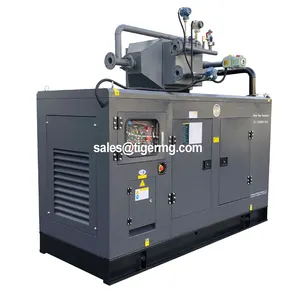



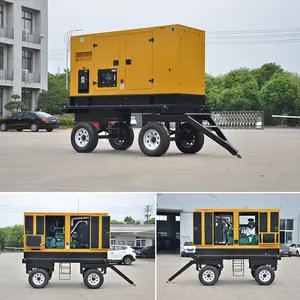

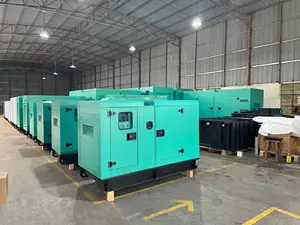


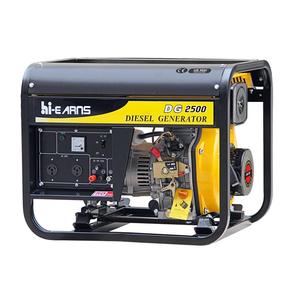







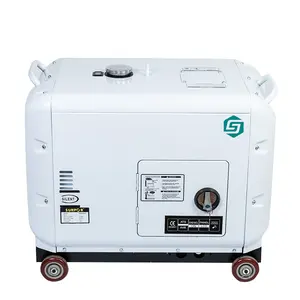
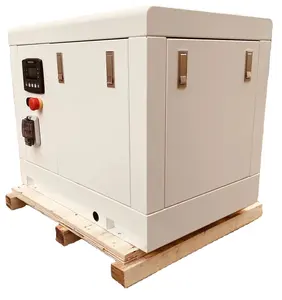






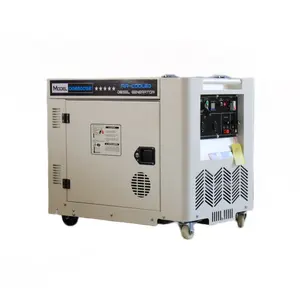




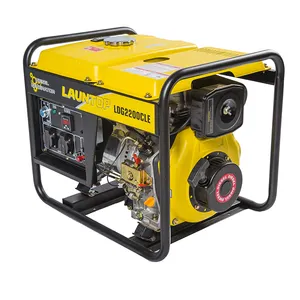


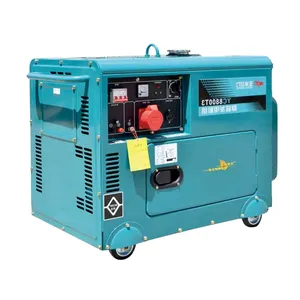




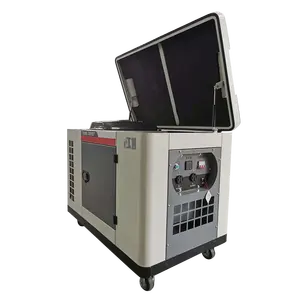


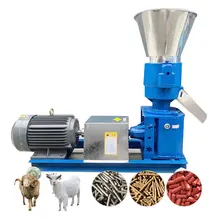

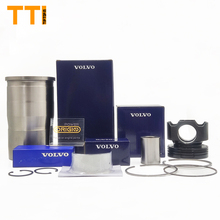
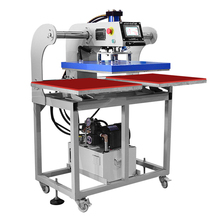



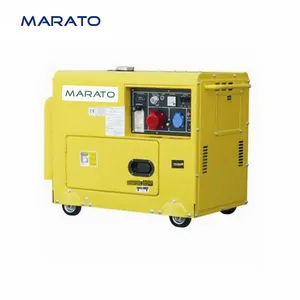
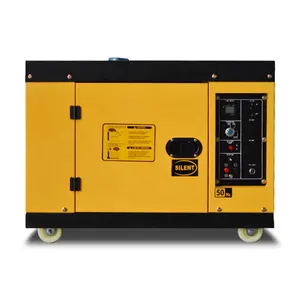
























 浙公网安备 33010002000092号
浙公网安备 33010002000092号 浙B2-20120091-4
浙B2-20120091-4